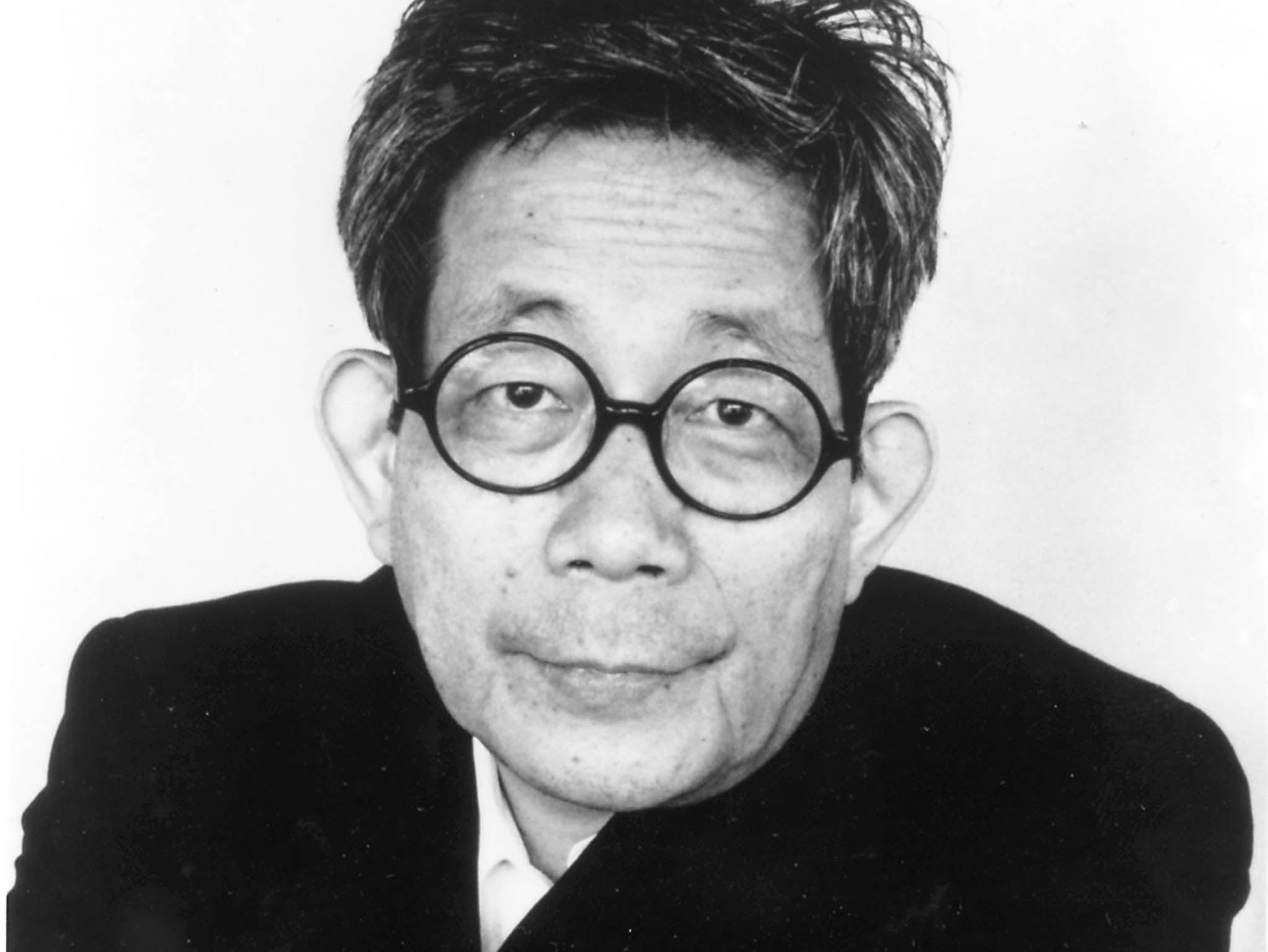Kenzaburo OE, Death by Water: 'A pretty peculiar kind of writer’s revenge', book review
Kenzaburo Oe’s playful tale of an ageing Japanese novelist echoes his own life

Your support helps us to tell the story
From reproductive rights to climate change to Big Tech, The Independent is on the ground when the story is developing. Whether it's investigating the financials of Elon Musk's pro-Trump PAC or producing our latest documentary, 'The A Word', which shines a light on the American women fighting for reproductive rights, we know how important it is to parse out the facts from the messaging.
At such a critical moment in US history, we need reporters on the ground. Your donation allows us to keep sending journalists to speak to both sides of the story.
The Independent is trusted by Americans across the entire political spectrum. And unlike many other quality news outlets, we choose not to lock Americans out of our reporting and analysis with paywalls. We believe quality journalism should be available to everyone, paid for by those who can afford it.
Your support makes all the difference.You have to feel for Kogito Choko, the central protagonist of Death By Water, a novel by Japan’s second Nobel Laureate, Kenzaburo Oe, which his publisher has said will be his last. Not only is he landed with a philosophical pun of a name (cogito ergo sum), but practically every character he meets – from his sister Asa to a theatre director called Masao Anai – lines up to give him a piece of their mind.
First among insults is the anachronistic nature of his work – Kogito is a novelist, highly regarded but “dismissed … as an irrelevant fossil from the past”. Other recurring barbs include falling sales, waning output and his proximity to death.
It’s hard to tell whether Kogito’s equanimity in the face of this outrageous criticism is because he believes it is true or is simply thick-skinned. His obdurate nature is exposed after he calls his brain-damaged, middle-aged son an idiot for scrawling on a musical score with a hand-written note by Edward Said. Instead of apologising, he promptly retreats into his own private world.
The plot, and this term is pushing it, revolves around the death of Kogito’s father half a century before. As the title suggests, he drowned in a river near the family’s rural home. Kogito’s childhood memories of the tragedy are filtered through dreams, fantasy and folklore, distorting perspectives embodied by an imaginary doppelgänger called Kogii. Kogii represents Kogito’s guilt (he was meant to accompany his father), his fear (he overheard his father’s part in a plot to bomb the Imperial Palace) and his grief, both for his actual parent and the heroic ideal he represented.
The best hope for resolution resides in his father’s correspondence which have been locked in a red leather trunk. Will these documents inspire one final novel? Kogito is both helped and hindered in the project by an avant-garde theatrical company that specialises in adapting his work for the stage.
Death By Water is a pretty peculiar book. The central mystery and grand themes (the ambiguities of Showa-era Japan, the artist’s relationship to the past and present, suicide, gender) are absorbing. The unmistakable echoes of Oe’s own life are intriguing. Kogito shares his creator’s age (74 at the time of writing), his friendship with Said, love of Rabelais and Eliot, and outspoken advocacy of Japanese democracy. Like Oe, he has written novels called The Day He Shall Himself Wipe My Tears Away, and has a composer son who suffered brain trauma at birth. The obvious fiction is the death of his father: Oe’s was killed, not in a river, but fighting in the Second World War.
What hampers the mood of passionate playfulness is the endless speechifying. Oe seems intent on elevating the academic conference to the level of dramatic art: “For Choko, along with a kind of doctrinaire embracing of the post-war strain of anti-ultranationalism, there’s also a deeper, darker, more nuanced Japanese sensibility”, Masao Anai pontificates at one point.
Oe’s critic-characters love the sound of their own voices to such an extent that the reader suspects mischievous ends. Kogito receives a preview of posthumous existence in which his voice is drowned out by younger generations. One chapter even takes the form of a question and answer session in which the interrogator’s Qs far outweigh Kogito’s As. But after pages of exposition, sentences like “I really don’t care for that kind of over-wrought verbiage” sounded more true than ironic.
Death by Water, by Kenzaburo OE; trans deborah boliver boehm (Atlantic, £20). Order at £18 inc. p&p from the Independent Bookshop
Join our commenting forum
Join thought-provoking conversations, follow other Independent readers and see their replies
Comments